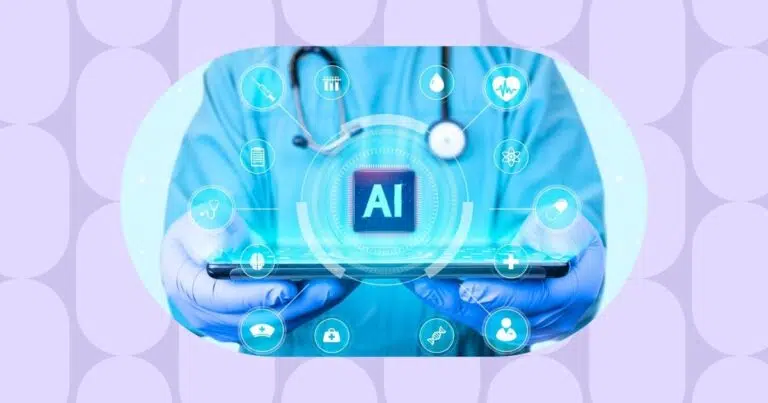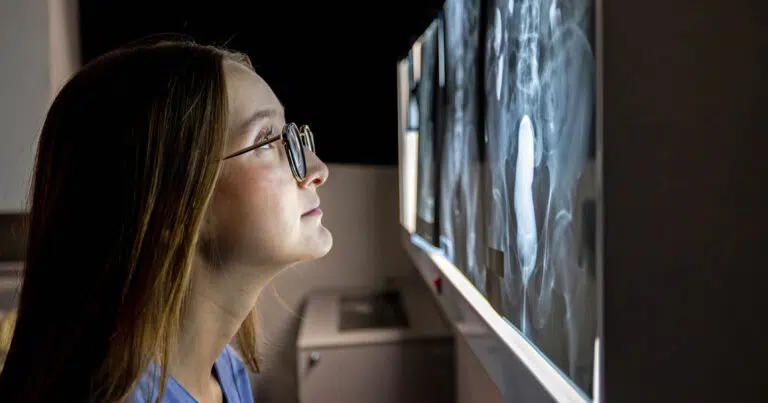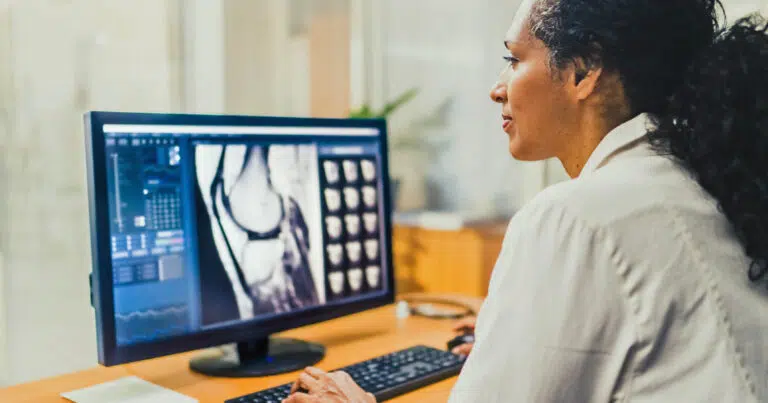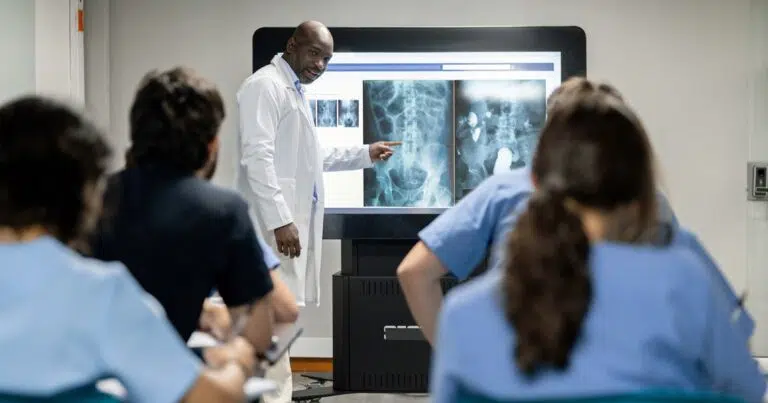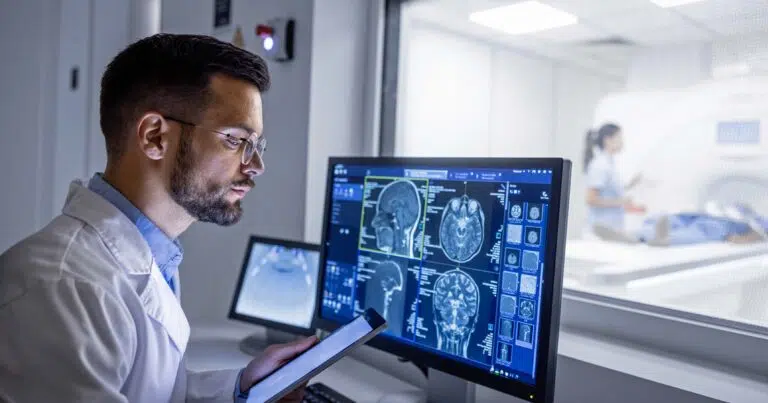CT Tech Career Guide
Looking for a different career guide?
Overview
Computed Tomography Technologists, commonly known as CT Techs, are healthcare professionals specializing in operating CT scanners to obtain detailed images of internal body structures. They play a vital role in assisting physicians with accurate diagnoses and treatment plans for various medical conditions. CT Techs are responsible for preparing patients for CT scans, positioning them correctly, operating the CT
Education
To become a CT Tech, individuals must complete an accredited radiologic technology program. These programs are typically offered at community colleges or vocational schools and can take 1-2 years to complete. Some CT Techs start as radiologic technologists and then pursue additional training in computed tomography. After completing the program, aspiring CT Techs may need to obtain certification (
Qualifications

Skills
Staff and Travel CT Techs need a combination of technical expertise and interpersonal skills to succeed in their role. They must have a thorough understanding of CT scanning principles, patient positioning and radiation safety. Attention to detail is crucial, as CT Techs must produce high-quality images for accurate diagnoses. Effective communication skills are essential for explaining procedures to
Responsibilities
The primary responsibility of a CT Tech is to operate CT scanners and perform CT scans on patients. They prepare patients for the procedure, explain the process and ensure the patient's safety throughout the scan. CT Techs may administer contrast agents to enhance images, depending on the specific exam requirements. After the scan, CT Techs review the images for quality
Salary Insights
The average salary for a CT Tech is $2,547.36 per week.
Last updated on December 15, 2025. Based on active jobs on Vivian.com.
Pros & Cons
Pros of becoming a CT Tech include the opportunity to work with advanced imaging technology, the potential for career growth and specialization within the field of radiologic technology and the satisfaction of contributing to patient care by providing crucial diagnostic images. This profession offers diverse experiences and the chance to work in various healthcare settings.
However, there are some challenges associated
Some of the content on this page was enhanced using artificial intelligence.
Join over 1 million healthcare workers that are getting a head start with Vivian.
Join Vivian

